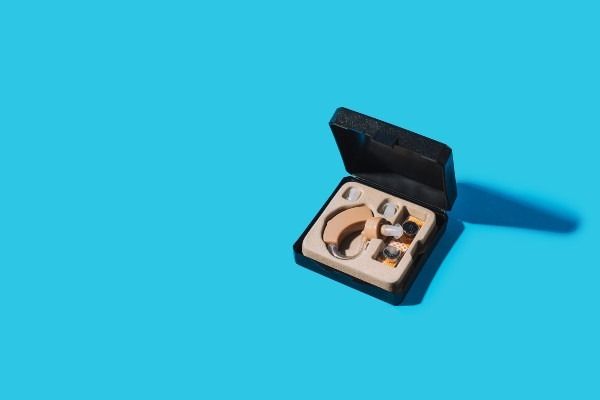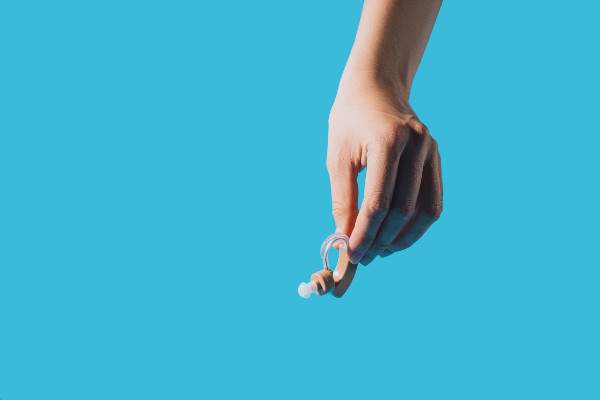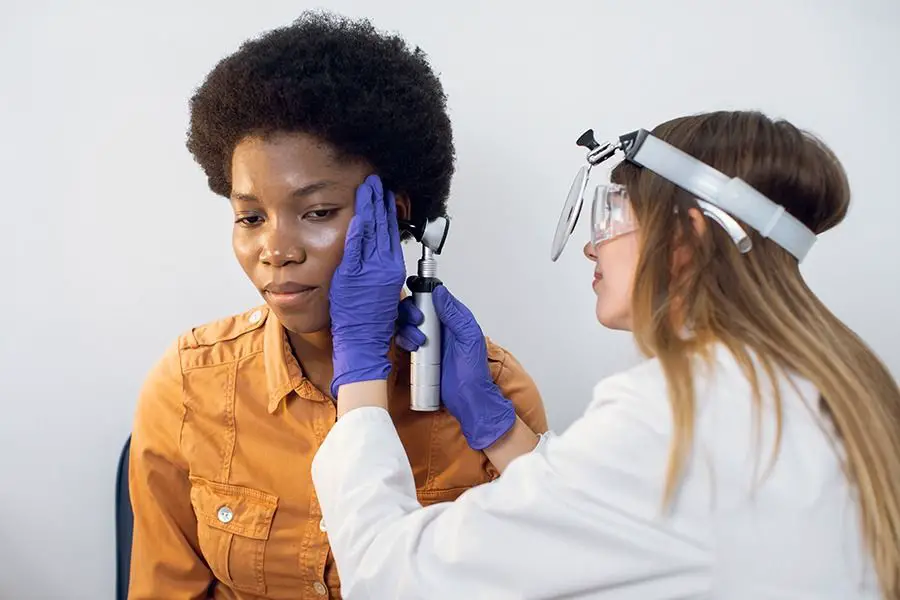Introduction
Meningitis and hearing loss are two conditions that, when combined, can have a significant impact on an individual’s life. The complexities of navigating life with meningitis-related hearing loss can be daunting, especially for those newly diagnosed. This comprehensive guide aims to empower and inspire those affected by meningitis and hearing loss by offering valuable insights, resources, and strategies for coping with this dual challenge. From understanding the science behind meningitis-induced hearing loss to exploring the latest advancements in regenerative medicine, this guide will provide the knowledge and support needed to face the challenges of living with meningitis and hearing loss head-on.
Exploring the Effects of Different Meningitis Strains on Hearing Loss
Understanding the various meningitis strains and their potential impact on hearing is essential for those newly diagnosed with the condition. Bacterial meningitis, caused by bacteria such as Streptococcus pneumoniae, Neisseria meningitidis, and Haemophilus influenzae, poses a higher risk for hearing loss than viral meningitis. The bacteria can damage the delicate structures within the inner ear, resulting in temporary or permanent hearing impairment.
Viral meningitis, caused by viruses like enteroviruses, herpes simplex virus, and mumps virus, is generally less severe than bacterial meningitis. However, it can still lead to hearing loss in some cases. Early detection and appropriate treatment are crucial in minimizing the risk of hearing impairment caused by both bacterial and viral meningitis. Consult with healthcare professionals to determine the best course of action for your specific situation.
New Horizons in Regenerative Medicine for Meningitis and Hearing Loss
Regenerative medicine holds significant promise for individuals affected by meningitis and hearing loss. Researchers are exploring the potential of stem cell therapy to repair damaged inner ear structures and restore hearing function. Preclinical studies have shown that transplanting certain types of stem cells into the damaged inner ear can lead to the regeneration of hair cells, which are essential for hearing.
Additionally, gene therapy is another area of interest in regenerative medicine. This approach involves the introduction of healthy genes into the inner ear to correct genetic mutations or stimulate the growth of new hair cells. While these therapies are still in the experimental stage, they offer hope for those affected by meningitis-related hearing loss in the future. Stay informed about advancements in regenerative medicine to stay abreast of the latest treatment options.
Innovative Technologies Aiding in the Detection and Management of Meningitis and Hearing Loss
Technological advancements are revolutionizing the detection and management of meningitis and hearing loss. Early detection of meningitis is crucial to prevent complications, including hearing loss. New diagnostic tools, such as rapid diagnostic tests and PCR-based methods, allow for faster and more accurate identification of meningitis-causing pathogens, enabling timely treatment and potentially reducing the risk of hearing impairment.
When it comes to managing hearing loss, modern hearing aids and cochlear implants have significantly improved the lives of those affected by meningitis-related hearing loss. These devices can be customized to suit individual needs, providing better sound quality and improved communication. Furthermore, smartphone apps and other assistive technologies can also enhance the overall experience for those living with hearing loss, ensuring gre
Tinnitus: The Truth Behind That Annoying Ringing in Your Ears
AMZ-Lexie Lumen Self-Fitting OTC Hearing Aids
Experience the Ultimate Sound Quality with Lexie Lumen self-fitting OTC hearing aids. These remarkable devices utilize dual microphones to deliver crystal clear sound, immersing you in a world of auditory excellence. Say goodbye to communication struggles in public spaces or on phone calls, as our Telecoil functionality directs speech directly to your hearing aids via an induction loop system. Rediscover the joy of hearing with unmatched clarity and precision.
Embrace an Active Lifestyle with Lexie Lumen hearing aids. Our cutting-edge sweatproof technology, including Nano coating, safeguards against moisture damage, allowing you to wear your hearing aids during outdoor activities like walks, runs, and open-air events. With Lexie, you can live life to the fullest without compromising on the quality or lifespan of your devices. Don’t let hearing loss hold you back—experience the freedom of superior hearing with Lexie Lumen self-fitting OTC hearing aids.
The Hidden Side Effect of Meningitis:
Hearing Loss Explained Meningitis, an inflammation of the membranes surrounding the brain and spinal cord, is a serious and potentially life-threatening condition. While many people are aware of the more common symptoms, such as fever, headache, and a stiff neck, the connection between meningitis and hearing loss is often overlooked. Hearing loss can occur when the inflammation damages the inner ear structures responsible for sound processing, including the cochlea and auditory nerve.
Hearing loss can range from mild to profound and may be temporary or permanent, depending on the severity of the infection and the effectiveness of treatment. Early intervention and appropriate medical care can minimize the risk of meningitis-related hearing loss. If you or a loved one is experiencing symptoms of meningitis, seek immediate medical attention to prevent possible complications, including hearing impairment.
Navigating Life with Hearing Loss After Meningitis
Living with hearing loss after meningitis can be challenging, but with the right support and resources, it is possible to lead a fulfilling life. If you have
been diagnosed with meningitis-related hearing loss, it is essential to work closely with your healthcare team to determine the best course of action. This may include the use of hearing aids or cochlear implants, depending on the severity of your hearing impairment.
In addition to medical interventions, it is crucial to develop effective communication strategies and make necessary adjustments to your daily life. This may involve learning sign language, using assistive listening devices, or utilizing visual cues to enhance communication. Building a strong support network of friends, family, and professionals who understand your challenges is invaluable as you navigate life with hearing loss after meningitis.
The Science Behind Meningitis-Induced Hearing Loss
The underlying cause of meningitis-induced hearing loss lies in the inflammatory response triggered by the infection. Inflammation can lead to increased pressure within the skull, causing damage to the blood vessels that supply the inner ear. This disruption of blood flow can result in damage to the hair cells within the cochlea and the auditory nerve, leading to hearing impairment.
Additionally, the inflammation can spread to the inner ear, causing direct damage to the delicate structures responsible for sound processing. In severe cases, the infection can lead to the formation of scar tissue and calcification within the inner ear, further compromising hearing function. Understanding the science behind meningitis-induced hearing loss can help inform prevention strategies and treatment options for those affected by this condition.
Coping with Hearing Loss After Meningitis:
Tips and Strategies Coping with hearing loss after meningitis can be challenging, but there are strategies to help you adapt and maintain a positive outlook. First, educate yourself about your hearing loss and the available resources. This knowledge will empower you to advocate for your needs and make informed decisions about your care.
Next, establish a strong support network of friends, family, and professionals who can provide encouragement and guidance. You may also benefit from joining a support group or connecting with others who have experienced meningitis-related hearing loss.
Finally, be proactive about your hearing health. Schedule regular check-ups with your audiologist, and stay up-to-date on the latest advancements in hearing technology. By taking charge of your hearing health, you can regain control over your life and continue to thrive despite the challenges of hearing loss after meningitis.
Conclusion
Living with meningitis and hearing loss can present many challenges, but with the right information, support, and resources, individuals can overcome these obstacles and lead fulfilling lives. By understanding the various aspects of meningitis and hearing loss, such as the effects of different meningitis strains, regenerative medicine developments, and coping strategies, those affected can take control of their situation and navigate life with resilience and determination. Stay informed, advocate for yourself, and seek support from friends, family, and professionals to ensure the best possible outcome on your journey through meningitis and hearing loss.









